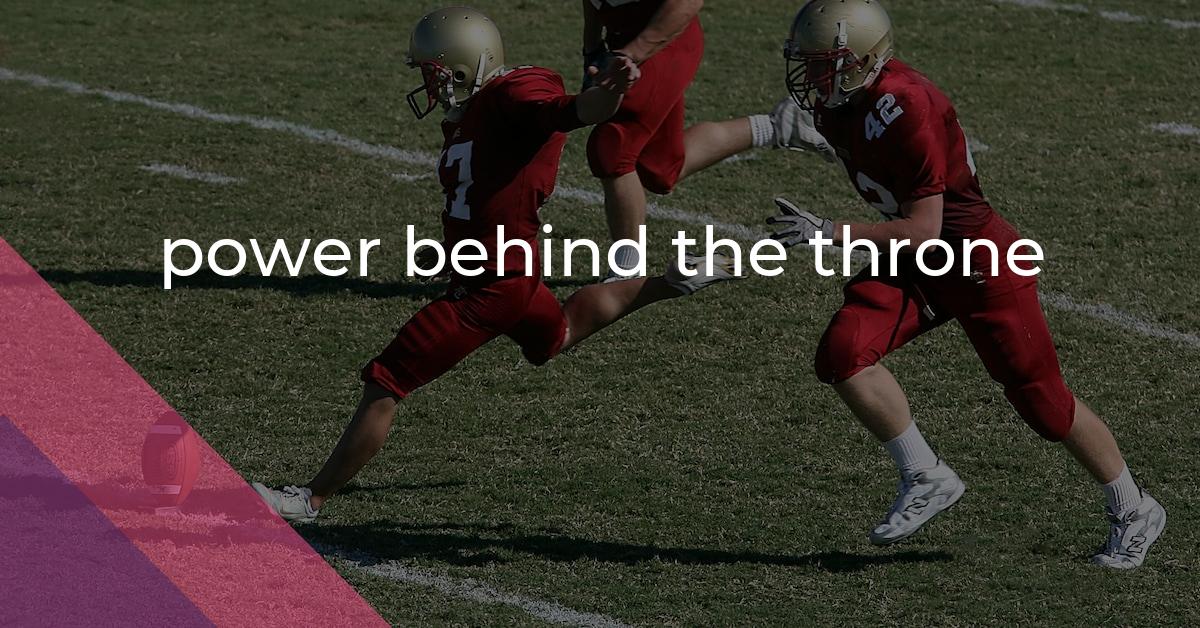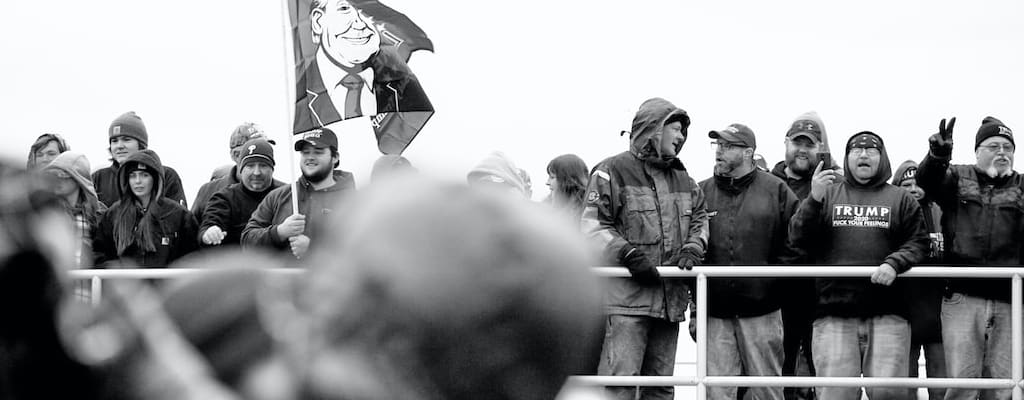power behind the throne: Idiom Meaning and Origin
What does ‘power behind the throne’ mean?
The idiom "power behind the throne" refers to a person who holds significant influence and control over a situation or an organization without having an official title or position of authority. This individual often pulls the strings and makes key decisions behind the scenes, while someone else holds the visible position of power.

Idiom Explorer
The idiom "under one's thumb" means to be controlled or dominated by someone, usually in a relationship or a situation where one person has significant influence or power over another.
The idiom "run the show" means to be in charge or in control of a situation or event.
The idiom "rule the school" means to have complete control or dominance over a particular group or organization, typically a school or a similar social setting.
The idiom "rule the roost" means to be in control or have authority over others, especially in a family or group setting.
The idiom "ride tall in the saddle" means to display confidence, authority, and control in a situation. It is often used to describe someone who is self-assured and in a position of power.
The idiom "reign supreme" means to have complete control or be in a position of undisputed power or authority.
The idiom "queen of beasts" refers to the lion, being the most powerful and dominant creature in its habitat. Similarly, it can signify a person who is in a position of authority and possesses great strength and influence.
The idiom "put someone in their place" means to assert one's authority or dominance over someone, often by reminding them of their lower status or making them feel inferior.
The idiom "pull strings" means to use one's influence or connections to manipulate or control a situation in one's favor.
Uncovering the Authority
Power behind the throne refers to individuals or groups who exert influence and control from behind the scenes, without holding a visible position of authority. This idiom originated from feudal systems, where rulers allowed trusted advisers or family members to manipulate decisions. Over time, it has come to encompass various forms of hidden power and influence. The idiom "power behind the throne" is commonly used in politics, business, entertainment, and other domains where control is not always apparent.
One historical example associated with this idiom is Cardinal Richelieu of France during the reign of Louis XIII. Despite not being the king himself, Cardinal Richelieu held immense power and influence as the chief minister. His strategies and policies shaped the political landscape, making him the embodiment of the "power behind the throne."
In modern times, the idiom continues to be relevant, highlighting the existence of influential figures who manipulate decision-making processes. These figures may include advisors, lobbyists, or close confidants who maneuver behind the scenes to achieve desired outcomes. The idiom implies secrecy and manipulation, suggesting that the true source of power may not always be evident.
The phrase "power behind the throne" evokes intrigue and mystery. It reminds us that there is often more happening behind the scenes than meets the eye, and those in apparent positions of power may not be the true orchestrators of events. It prompts us to consider hidden influences and motivations that shape the world around us, even in situations where authority seems clear-cut.
Understanding power dynamics and recognizing the presence of hidden influencers is essential in comprehending the workings of systems and institutions. The idiom "power behind the throne" reminds us that the full extent of power and control is not always immediately visible, leaving room for analysis, speculation, and potential revelations.
The idiom "power behind the throne" is closely related to the idiom "big wheel." Just as the power behind the throne represents hidden influence, a big wheel refers to someone who has significant power or influence within a particular context or domain. These individuals often hold high-ranking positions, have extensive connections, or possess specialized knowledge that grants them leverage and control over others. While the power behind the throne operates from the shadows, the big wheel is more apparent in their influence.
palace politics is another idiom associated with the power behind the throne. It refers to the complex and often secretive strategies and maneuvers employed by those seeking power and influence within an organization or system. In a political context, palace politics involves behind-the-scenes negotiations, alliances, and power plays aimed at shaping decision-making processes. The power behind the throne is a key player in palace politics, exerting their hidden influence to ensure favorable outcomes.
poor power is an expression that relates to the power behind the throne. It describes situations where an individual or group wields significant power and influence, even though they may not possess the wealth, status, or traditional markers of authority typically associated with power. Poor power is about the ability to exert control and shape outcomes despite not having the visible trappings of power. The power behind the throne often embodies poor power, operating in the shadows while manipulating events.
Lastly, the idiom "reign supreme" is connected to the concept of power behind the throne. It is used to describe a situation where someone or something is in complete control and dominates others within a particular domain or context. While the visible authority figure may hold the title or official position, the power behind the throne exerts the true influence and determines the direction of reign. They remain hidden, while their power reigns supreme.
Example usage
Examples of how the idiom *power behind the throne* can be used in a sentence:
1. Despite not holding any official position, the advisor was widely recognized as the power behind the throne, influencing all major decisions made by the king.
2. The CEO might be the face of the company, but it's the board of directors who are the true power behind the throne, directing the company's overall strategy.
3. Although the president is responsible for making public speeches and appearing in the media, it is the chief of staff who is often considered the power behind the throne, managing the day-to-day operations of the office.
More "Monarchy" idioms
We missed the mark - nothing found.



